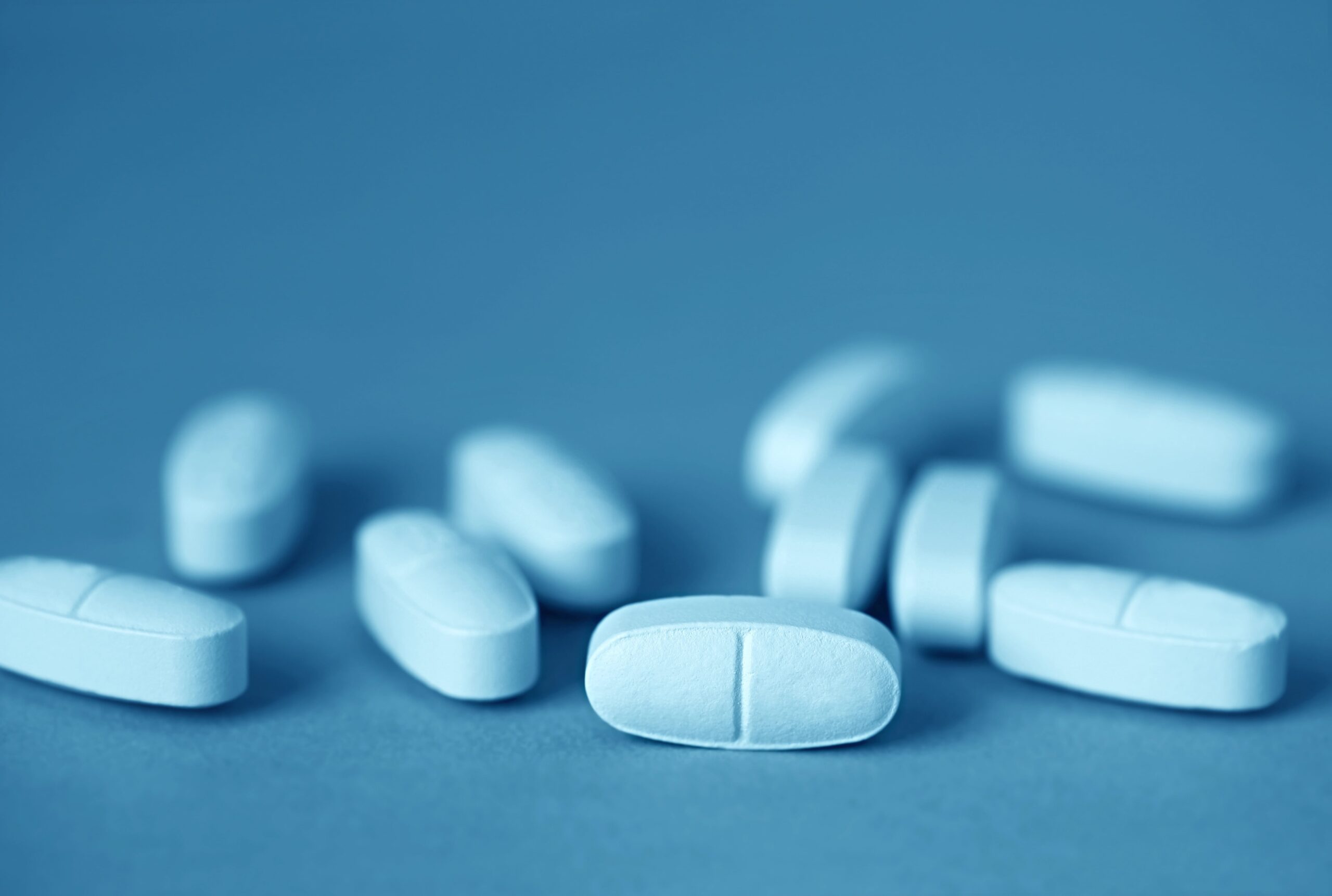Have you heard about low-dose naltrexone? Better known as LDN, this drug has gained attention as a promising off-label therapy option for a range of chronic conditions, including autoimmune diseases and mental health disorders. While it was originally developed to treat opioid addiction at much higher doses, LDN works very differently when consumed at lower levels. It modulates the immune system, reduces inflammation, and even supports endorphin production. But is it a good option for you? To decide, let’s explore LDN uses and benefits.
What Is LDN?
Low-dose naltrexone (LDN) is a medication that uses a small fraction of the typical dose of naltrexone, a drug originally approved by the U.S. Food and Drug Administration (FDA) to treat opioid and alcohol dependence. At the standard dose (50-100 mg), it blocks opioid receptors in the brain and helps prevent relapse in people recovering from addiction. However, when taken at a low dose (typically 0.5–4.5 mg), it produces very different effects.
At low doses, LDN is believed to temporarily block opioid receptors for a few hours, which triggers the body to increase its production of endorphins, the natural “feel-good” chemicals we all know and love. This may help the body regulate the immune system, reduce inflammation, and promote tissue repair. While research is still ongoing, LDN is currently being explored as a treatment option for the following conditions:
- Multiple sclerosis (MS)
- Fibromyalgia
- Crohn’s disease and ulcerative colitis
- Rheumatoid arthritis
- Chronic Fatigue Syndrome
- Hashimoto’s thyroiditis
- Depression and anxiety
Many healthcare providers and patients are reporting positive outcomes after using LDN as an off-label complementary treatment. However, its effectiveness varies from condition to condition and from individual to individual. It’s important to consult a knowledgeable provider to determine if LDN is a good option for you, taking your current health needs and goals for the future into consideration.
Is LDN safe?
Yes, LDN is generally considered safe and is typically well-tolerated. However, you should avoid it if you’re currently taking opioid medications.
How long do you have to wait to experience the effects?
Some patients report improvements within a few days, while others don’t notice any benefits until 4–8 weeks (or longer) after beginning treatment. Some conditions, including autoimmune diseases, typically require more time for noticeable results.
What are the potential side effects of taking LDN?
Most people tolerate LDN well. However, some people may experience mild and temporary side effects, such as difficulty falling or staying asleep and more vivid and frequent dreams. Other common side effects include headaches, fatigue or grogginess, mild anxiety, and mood changes. Less commonly, patients using LDN might experience digestive upset, dizziness, lightheadedness, a skin rash, or a flare-up of the symptoms associated with the condition they’re aiming to treat.
Can LDN cure my condition?
LDN isn’t considered a cure for any condition. However, it may significantly improve your symptoms and overall quality of life. Typically, your provider will prescribe it as part of a broader treatment strategy, not as a standalone solution.
_____
Low-dose naltrexone is certainly a mouthful, but this drug’s potential benefits are quite exciting for those seeking relief from some chronic conditions. Whether you’re dealing with autoimmune issues or inflammation overload, LDN may be a great option for you.
Now that you’ve reviewed LDN uses and benefits, are you interested in giving it a try? If you live in the Springfield, Missouri, area, reach out to C.O.R.A.MED HRT & Regeneration Center today. Our dedicated care team is committed to providing personalized, accessible, and integrated care, focusing on the root causes of health issues and employing advanced medical technology. No referral is required, and C.O.R.A.MED will create a custom care plan tailored to your unique needs. To learn more, please give us a call at 417-207-2441 or send us a message online.

